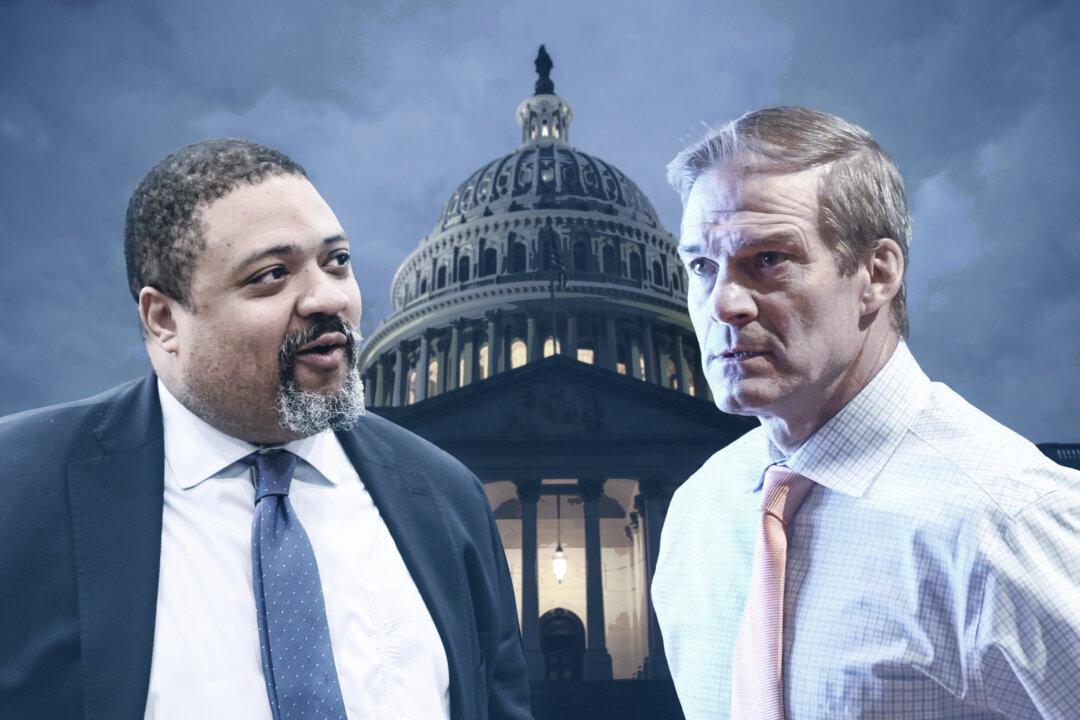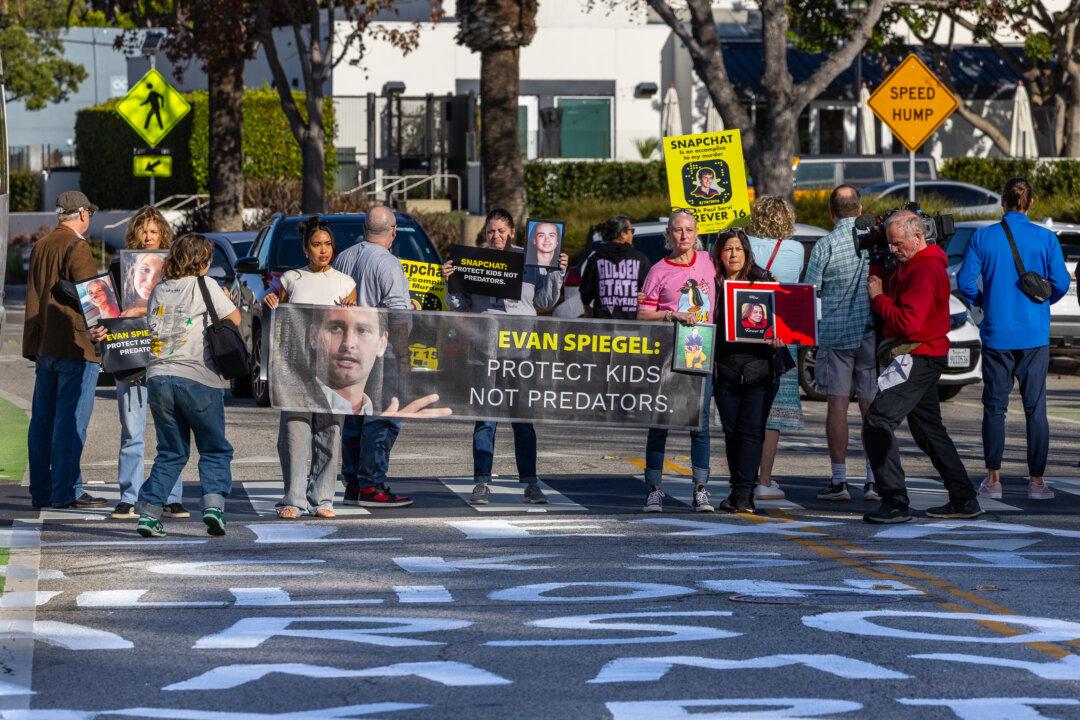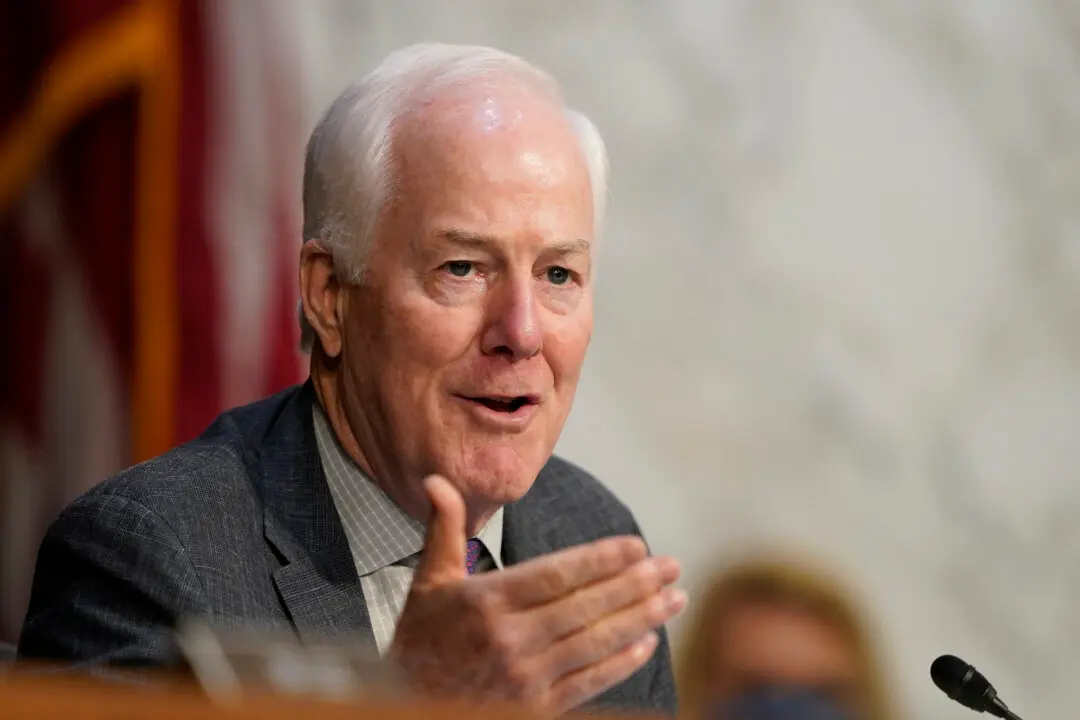By publishing a book about the investigation of former President Donald Trump, an ex-prosecutor created a predicament for himself—and for the man pressing the historic criminal case against Trump, District Attorney (DA) Alvin Bragg.
A New York federal judge repeatedly cites the book written by Mark Pomerantz, who formerly worked on a probe into Trump’s finances in the Manhattan DA’s office, when she ruled that Pomerantz should be compelled to answer a congressional inquiry into Trump’s prosecution.





